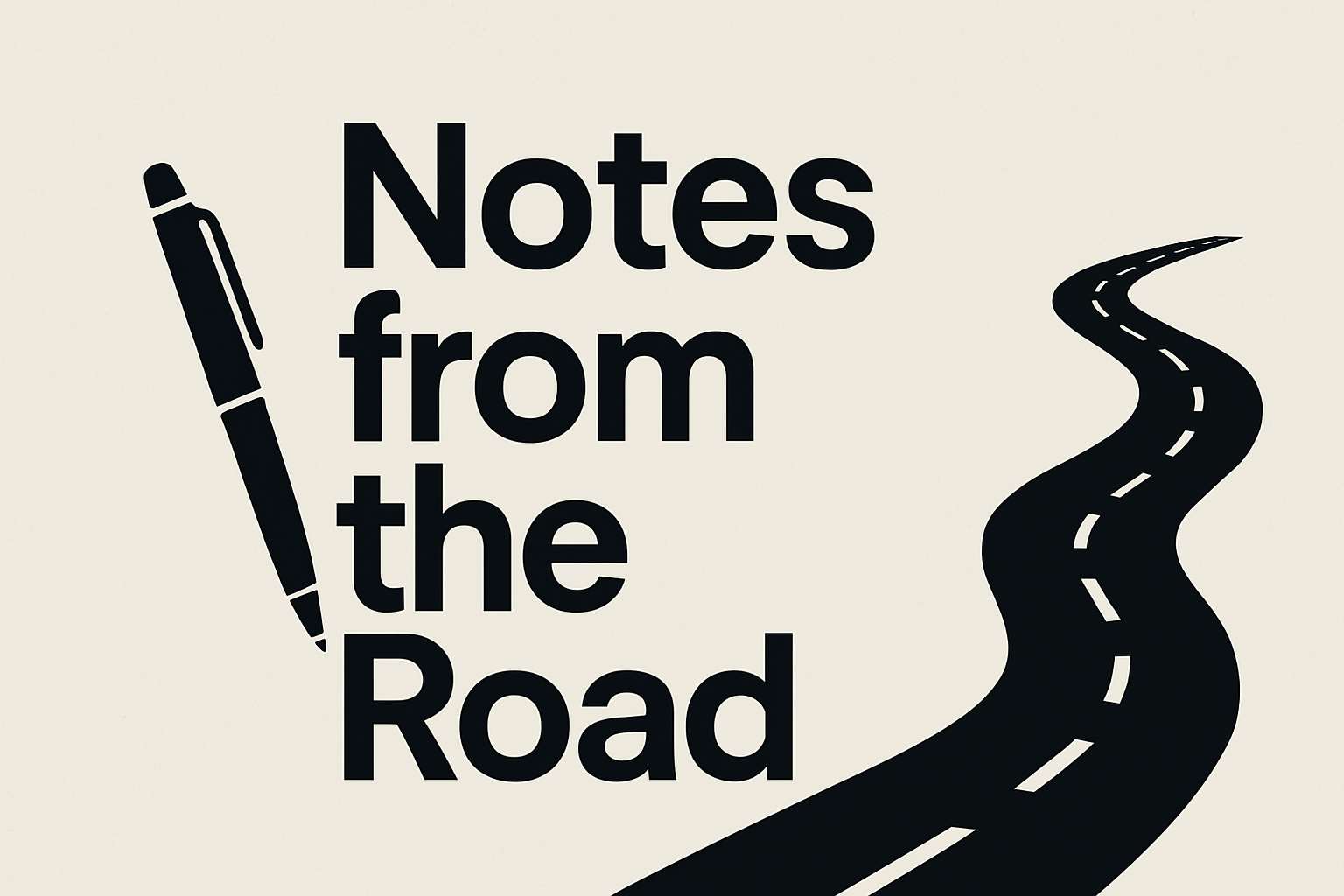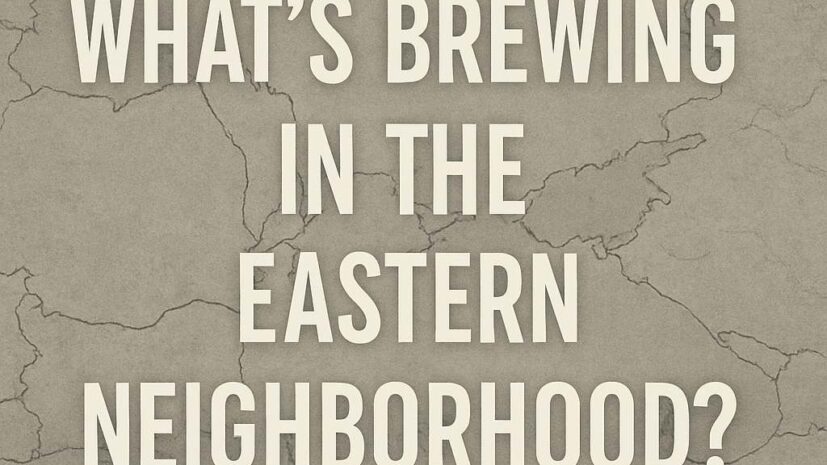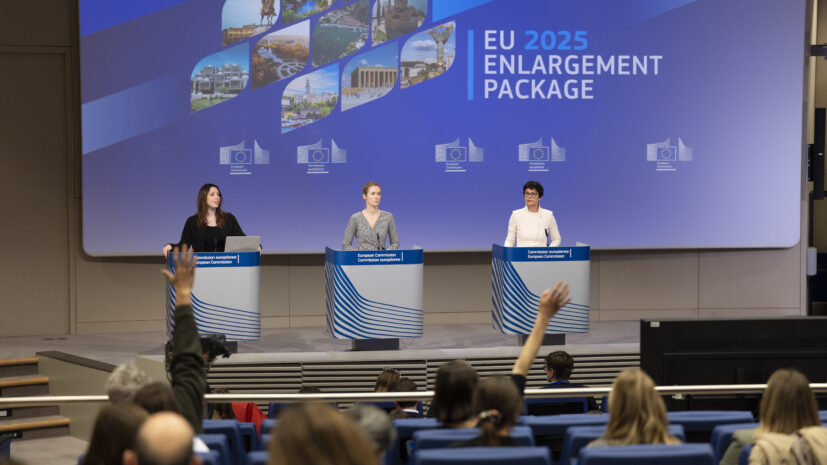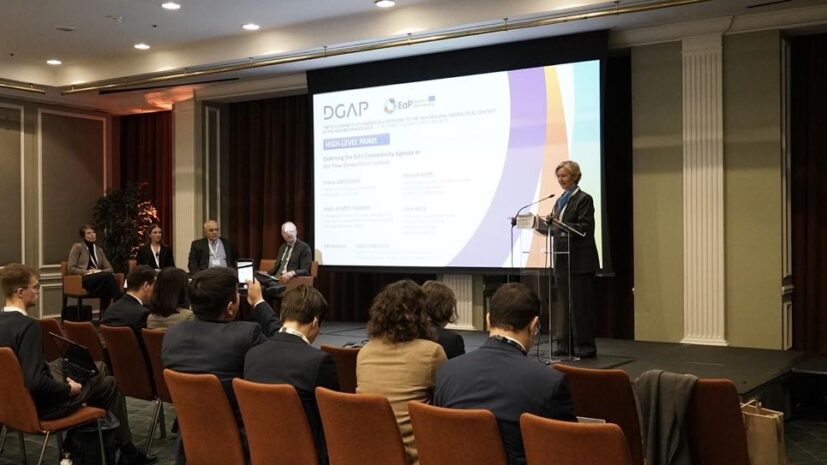
Challenges for Civil Society & Media Ahead of Georgia’s Local Elections
These Notes from the Road are based on DGAP’s trip to Tbilisi from 28 July to 1 August, 2025. The focus was on better understanding the current dynamics and challenges amidst the ongoing repression led by the Georgian Dream Party (GD).
Domestic Dynamics
- The overall mood in Georgia is deeply pessimistic. Most people we spoke to assess the situation as deteriorating, with expectations of further repression around the local elections in October and no clear scenario on how the situation could improve.
- Key civil society organizations (CSOs) are already being scrutinized, with many now blacklisted. The CSOs are challenging most of these cases in court.
- For the upcoming local elections, most opposition parties are planning to boycott the vote to not legitimize the current government. Their demand is to first hold fair parliamentary elections and form a new government, after which local elections can follow.
- Two parties, however – Georgi Gakharia’s party, For Georgia, and Lelo/ Strong Georgia – have announced they will run jointly. Many see this as a worst-case scenario: either all opposition parties should run, or none at all. This again shows that the opposition is not united. In the current context, there’s a chance that both Lelo and For Georgia will be barred from participating. Even if they are allowed to run, they are not expected to win, as the elections are most likely to be manipulated.
- Even GD supporters (according to polls and our interlocutors) are reportedly in favor of releasing political prisoners.
- The new legislation and lack of funding disproportionately affect smaller media outlets and CSOs because they lack the capacity to deal with the new rules. Larger organizations are more resilient and are finding ways to adapt. There is also some exchange of practices with Belarusian organizations.
- An upcoming media campaign involving twenty-six outlets will aim to crowdsource financial support from the Georgian public to demonstrate that independent media can be supported domestically.
The Role of the EU
- Opinions on a potential visa ban by the EU are divided. However, most interlocutors agree that targeted individual sanctions – especially asset freezes – imposed by major EU Member States like Germany and France, as well as the UK, would be most useful. This includes targeting judges and a broader group of actors who are responsible for repression to create a chilling effect.
- Given the war in Ukraine, the Abkhazia region is more isolated than ever. The space for civil society in Abkhazia and the exchange with Georgian civil society are shrinking. Russia is integrating both disputed regions step by step. The current Georgian political elite lacks a policy for Abkhazia and South Ossetia; it seems to be of no priority for Ivanishvili. There is no funding to keep the network in Abkhazia and foster exchange.
Recommendation
There is currently no shared vision for the future of Georgia among civil society and opposition parties. There is an urgent need for a facilitated platform for political dialogue and a transition period, with civil society, media, and opposition parties, with experts and think tanks from the EU, and EU actors. Developing a strategic framework for engagement, with regular closed-door meetings and dialogue, would be a helpful step forward. Additionally, there is a need to increase funding for work with civil society in Georgia.



